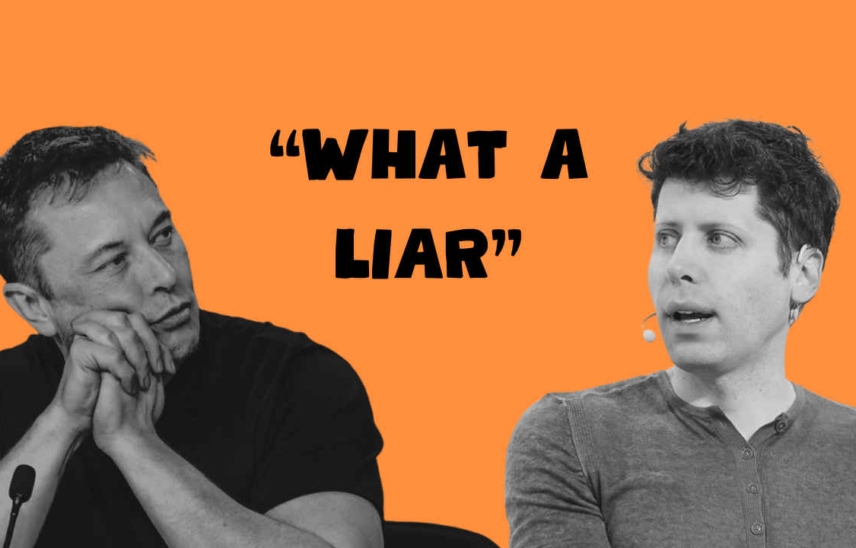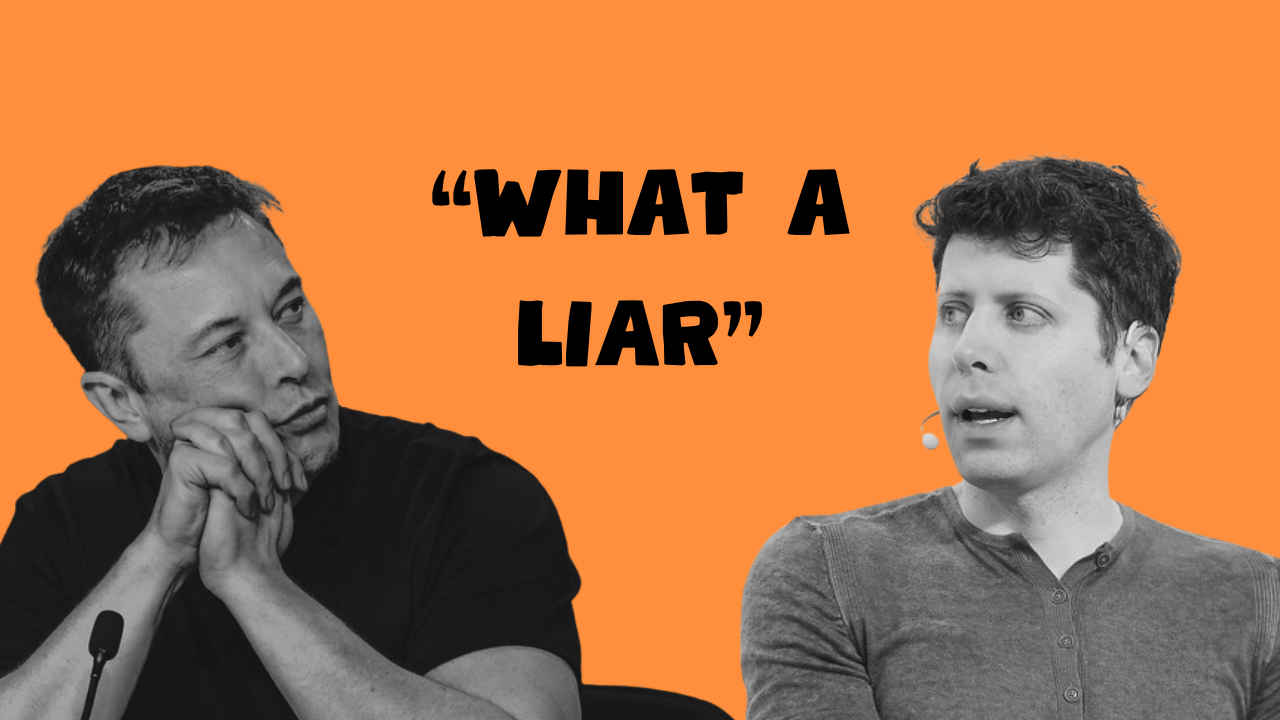
- Home
- Managed Services
- Cyber Security
- Blog
- About Us

We 365 Admin Support, just simplify your IT problems
Call for a free support. +91 96666 59505Platform Partnership
- Who We Help
- Shop
- Contact
- News






HIGHLIGHTS
Table of Contents
ToggleElon Musk is no stranger to vocal criticism, particularly when it comes to matters he feels strongly about, and his recent remarks regarding OpenAI’s CEO Sam Altman showcase this trait. Using the social media platform X (formerly known as Twitter), Musk expressed his discontent over what he describes as Altman’s deceptive claims. He stated, “Altman literally testified to Congress that he wouldn’t get OpenAI compensation, and now he wants $10 billion! What a liar.” This statement provides an insight into the ongoing tension surrounding OpenAI, which initially launched as a non-profit entity but is now veering towards a profit-driven structure.
According to a Reuters report, OpenAI is on the verge of a major restructuring, which would involve shifting its control from a non-profit foundation to a for-profit entity. In this transition, Altman is expected to benefit financially, given that he is set to receive equity in the company. This new model could potentially raise OpenAI’s valuation to an astonishing $150 billion. Musk’s outcry stems from Altman’s previous assertions that he would not seek personal financial gain from his leadership role at OpenAI.
Musk’s discontent regarding Altman’s actions isn’t a recent development. Previously, in December 2024, he characterized OpenAI’s evolution from a non-profit into a profit-oriented organization as a “total scam.” This transformation drew Musk’s ire as he accused OpenAI of forsaking its original mission to operate as an open-source, non-profit. He remarked, “OpenAI was funded as an open-source, non-profit, but has become a closed-source, profit-maximizer.”
Moreover, Musk has also expressed skepticism towards OpenAI’s ambitious $500 billion “Stargate” AI infrastructure project, which involves partnerships with major companies, including SoftBank and Oracle. His criticisms focused on the financial viability of such an enormous undertaking, indicating that he perceives some of the involved companies as possibly lacking the requisite funding. This particular point of contention sparked a public dialogue between Musk and Altman, where Altman dismissed Musk’s accusations as groundless.
As the situation unfolds, the spotlight is on OpenAI as it navigates its transition into a for-profit organization. Questions linger regarding whether any repercussions will arise due to Musk’s criticisms, or if his comments will merely echo as unsubstantiated claims in the ongoing discourse around the tech company.
Musk’s condemnation of Altman not only raises important ethical questions about corporate governance in AI development but also invites stakeholders to rethink the balance between profit and purpose in the tech industry. The implications of OpenAI’s restructuring resonate beyond its corporate strategies; they prompt a broader dialogue about how AI organizations prioritize transparency, mission adherence, and their potential impact on society.
The unfolding narrative of OpenAI captures the complex dynamics between influential tech leaders and their visions for the future of artificial intelligence. As Musk intensifies his critique on social media, the response from OpenAI and its leadership is anticipated with keen interest. Will they address Musk’s allegations head-on, or will they continue their strategic pivot toward profitability regardless of external pressures? The answers to these questions could have profound effects not just for OpenAI but for the entire AI landscape.